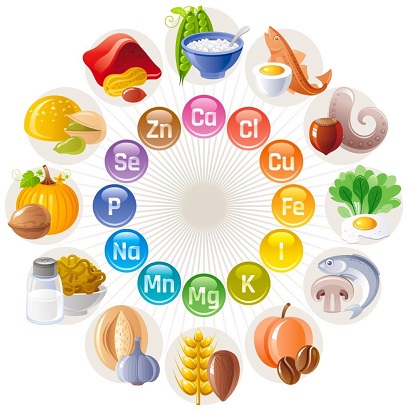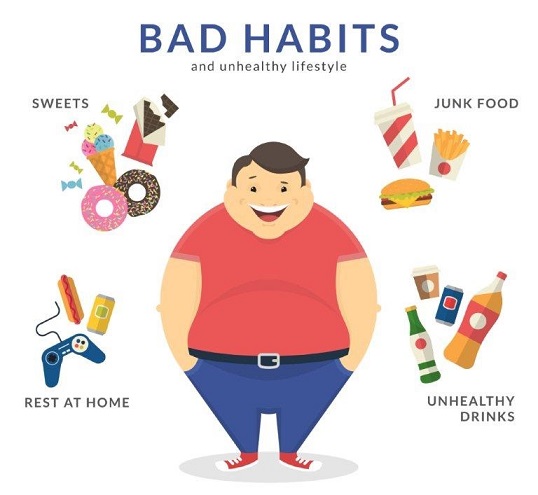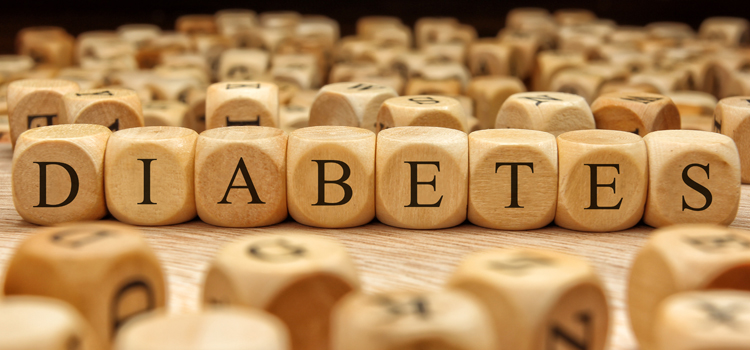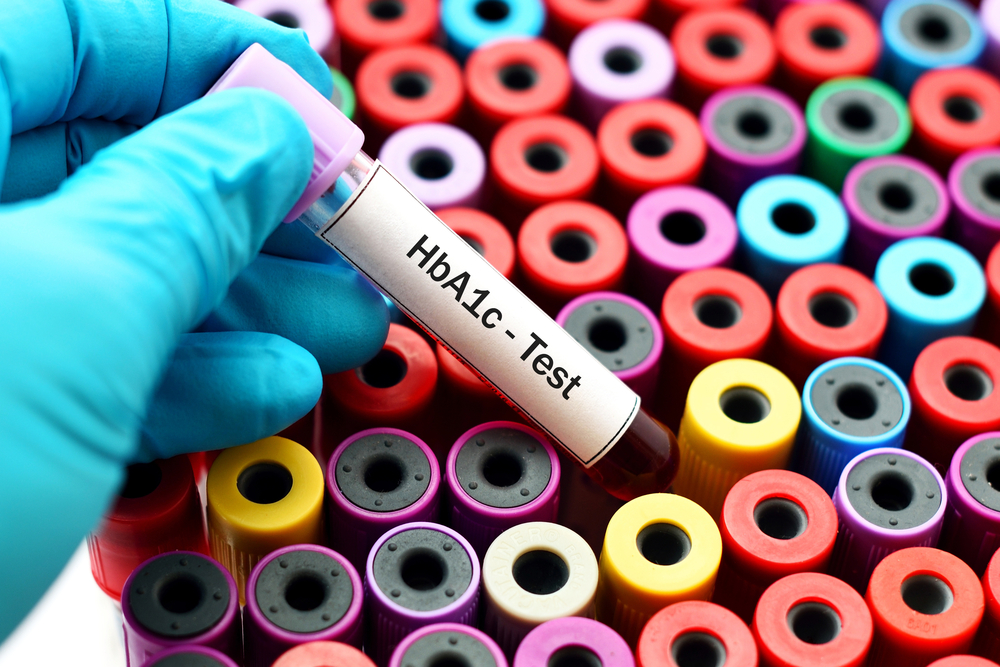Everything you need to know about Insulin
What is insulin?
Insulin is a hormone that regulates blood sugar levels in a person’s body. It is produced by the pancreas and plays a crucial role in metabolism and energy regulation. Its key role is to facilitate the transport of glucose from the bloodstream into cells. In this article, we will explain in detail what insulin is, insulin resistance, and what an insulin injection is. But first, let’s understand how insulin works.
What does insulin do?
Insulin is a hormone that helps maintain the body’s blood glucose levels for energy. After a meal, carbohydrates are broken down into glucose and enter the bloodstream, raising blood sugar levels. This triggers the pancreas to secrete insulin into the blood. Insulin enables cells throughout the body to absorb glucose from the blood and use it for energy or store it for future use.
Simply put, insulin acts as a key to allowing glucose to enter the body’s cells and provide it with energy. If this system functions properly, blood sugar stays within a healthy range. However, the problem arises when the body doesn’t produce enough insulin or doesn’t use it correctly, which leads to diabetes.
Diabetes caused by improper insulin function are of two types:
- Type 1 diabetes is a chronic condition where the pancreas stops producing insulin.
- Type 2 diabetes is characterised by the body not properly responding to insulin, a condition called insulin resistance.
What is insulin resistance?
It occurs when the body’s cells become insensitive to insulin. Due to this, glucose builds up in the bloodstream rather than being absorbed by cells. As a result, the pancreas produces more insulin, causing blood sugar levels to rise. Insulin resistance is a crucial link to type 2 diabetes, as it significantly increases the risk of developing the disease.
So, when does one need to take insulin? As per the Centers for Disease Control and Prevention (CDC), individuals with type 1 diabetes, which is 5% to 10% of those with diabetes, require insulin. In contrast, for those diagnosed with type 2 diabetes, which constitutes 90% to 95% of all cases, insulin may not be necessary.
What is an insulin injection?
Insulin is a medication that helps the body use sugar for energy. The doctor may prescribe insulin if other diabetes medications aren’t keeping one’s blood sugar in a healthy range.
Sometimes, a person may only need insulin briefly, such as during pregnancy, illness, or when they’re first diagnosed, to bring down their blood sugar. Using insulin reduces the risk of symptoms of high blood sugar and long-term issues that can harm one’s heart, kidneys, eyes, and nerves.
What are the different types of insulin?
Different types of injected insulin are available that vary in how quickly and for how long they lower blood sugar. Such as:
- Fast-acting insulin: It starts working in 15 minutes and is taken right before meals.
- Short-acting insulin: Begins working in 30 minutes and is also taken before eating.
- Intermediate-acting insulin: It lasts 10-16 hours and is taken twice a day.
- Long-lasting Insulin: It lasts 20-24 hours and only needs to be taken once a day.
- Pre-mixed insulin: It combines rapid and intermediate-acting insulin.
What are the different types of insulin delivery devices available?
Various insulin delivery devices are available, with the primary options being syringes, insulin pens, and insulin pumps.
- Syringes: This method involves the traditional approach of injecting insulin using a needle and syringe. While it allows for accurate dosing and the ability to mix insulins, it requires manual injection.
- Insulin pens: These devices make injecting insulin easier and more convenient. The insulin is prefilled in disposable pens that have dials to set the dose. Although these pens can be reused multiple times, they are intended for single-person use.
- Insulin pumps: These battery-operated pumps continuously deliver insulin under the skin of the abdomen via a catheter. They aim to mimic the body’s normal insulin patterns. They can be programmed to dispense a specific amount of insulin automatically when a person eats.
In short, what is insulin? It is a vital hormone that regulates blood sugar levels by facilitating the uptake of glucose into cells. Proper insulin function is essential for overall health, and its management is key to addressing diabetes through approaches such as insulin therapy, lifestyle adjustments, and medication.
Timely and thorough testing plays a pivotal role in the early identification and continuous monitoring of insulin resistance. Consult with a medical professional to learn more about insulin and diabetes.
FAQs
1. When should type 2 diabetics take insulin?
Doctors may recommend people diagnosed with type 2 diabetes to start taking insulin when exercise, diet, and oral medications are no longer sufficient to control their blood sugar levels.
2. What blood sugar level requires insulin?
As per a study published in Diabetes Care, insulin should be started when A1C is ≥7.0% after 2–3 months of dual oral therapy.
3. Is it possible to reverse insulin resistance completely?
According to the American Diabetes Association, while it’s not possible to entirely reverse it, there are certain lifestyle modifications that one can adopt to make the body’s cells more receptive to insulin.















